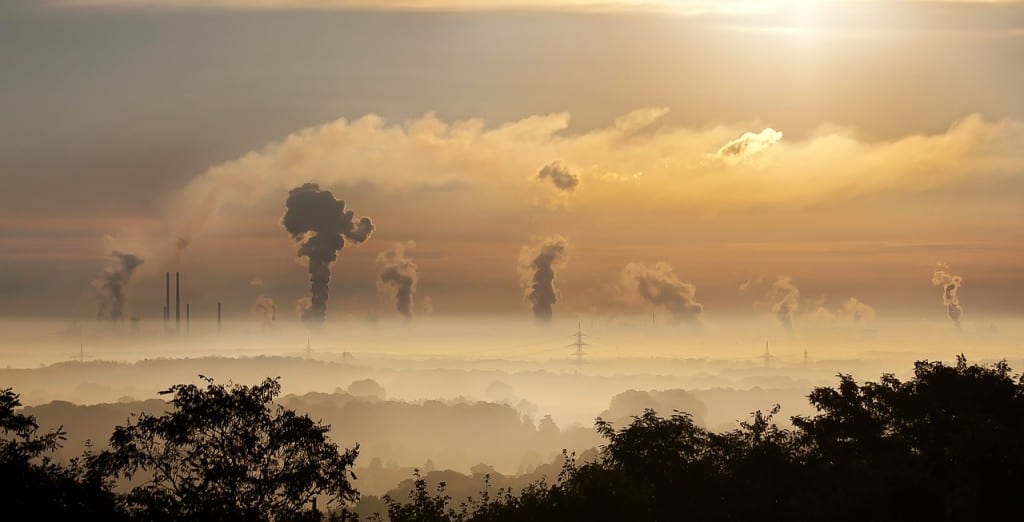Climate change is the biggest challenge facing the world today, so why isn’t more being done to embrace renewable energy solutions?
With the recent COP21 UN climate change conference having seen a landmark agreement between nations to set a target for limiting global warming, you’d think that politicians would be pushing for legislation to be passed to meet David Cameron’s promised commitments to tackle the problem; but it seems that its largely business as usual for big energy companies and the oil and gas sector.
It’s fair to say that as a nation we want to do our bit to help the environment, but we also don’t want to give up our cars, gadgets and modern lifestyles. We have become reliant on the low price of fossil fuels to keep our cars on the road and our homes warm, not to mention shopping at supermarkets, buying online and a whole host of activities that require someone somewhere to be using electricity.
Governments are voted in by us, the public, and as a result if we say that we don’t want to pay more for our energy bills then MPs are reluctant to do anything to rock the boat and potentially alienate their constituents.
The issue of cost is frequently cited by governments – projects are too expensive in the short term even if there will be a much greater cost saving in the long run. This is why more of us don’t install PV systems or other sources of renewable energy in our own homes, as they take many years before they have paid for themselves and we don’t always have the capital to pay for them even if we like the idea of a long term saving on our energy costs.
Governments like the idea of not having to pass on the costs and that is one of the reasons why they are keen to work with companies who offer to invest large sums of money into energy schemes.
It is just that these schemes tend to be focused on fossil fuels or nuclear energy rather than renewables. And with so much money already invested in the UKs oil and gas sector there are strong relationships that the government wants to maintain which is why we have seen the Prime Minister offering generous tax measures and funding to the industry.
Arguments for delivering better energy security are also cited as reasons for choosing fossil fuels over investing that money into renewables. The lack of a consistent supply is one of its biggest drawbacks with renewable energy – after all, the sun doesn’t always shine and the wind doesn’t always blow, but people do always want a reliable source of energy that can be tapped in to whenever they need it.
Although the share of energy in the UK generated from renewable sources is growing, it still doesn’t reach the levels of supply required to meet demand hence the government’s moves to extract shale gas through fracking and the building of new nuclear power stations.
However, this approach has been heavily criticised by the UN’s chief environment scientist who believes the way forward is to invest in renewables rather than cutting subsidies for them and that increasing the UKs reliance on fossil fuels is a step in the wrong direction.
About The Author
Sean Casey is the director of Terra Therma. His company specialises in the installation of green energy solutions, such as underfloor heating and heat pumps, using the latest technology to provide the most efficient systems for his customers.



